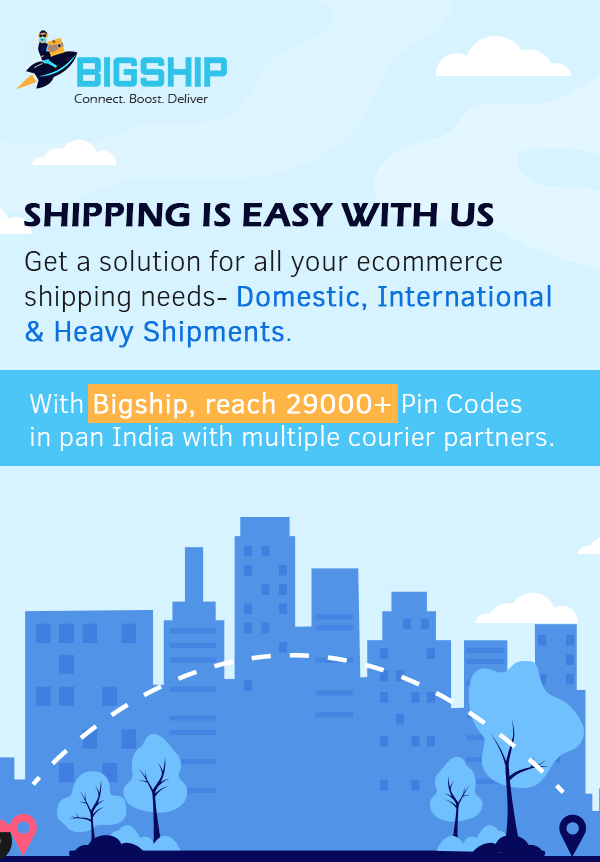Understand the Basic Differences Between Wholesaling and Retailing

The term wholesale literally means trading in bulk volume, and selling goods in limited quantities represents retail. Wholesale and retail are two sales deals that make up a large majority of the distribution network. They are sold in vast quantities (wholesale) to the wholesalers as the products are made, who then market them to the dealers who eventually sell them to the final consumers. If a wholesaler sells products to the firms, they buy commodities to further market them. On the opposite hand, a dealer promotes and sells products to the end buyer. In case you are looking for and wholesaling service for your eCommerce business then you can get in touch with BigShip Courier service for the same.
In the same manner, one of the major mediators of the distribution network is such two business types. The entire Logistics & supply chain
will be broken in the lack of these two connections. Today, we will explain the essential distinctions between retail and wholesaling. Just take a look at it.
Wholesaling refers to the selling of items, at a reduced price to consumers such as supermarkets, factories, and many others in huge volume. It is a form of organization in which the wholesaler purchases commodities from the manufacturers in large quantities, and then the bulk is separated into relatively limited lots.
The wholesaler depends more on the number of items in the distribution industry, not on the consistency. There is a big capital demand for beginning a wholesaling company as the market scale is high. It will not entail any ads or advertising.
Although in various cities, towns, or even in different nations, the clients of a wholesale company are scattered. Many items are offered to the wholesaling company’s consumers on credit. The price of bulk sales is cheaper so the gross margin is lower.
Retailing Description
Retailing involves selling small-lot items. If the products are sold in limited quantity to the end consumer, for purchase and not for the intention of resale, then this form of market is based on retailing.
The costs of retail-bought items are moderately high. The marketing expense is the primary and greatest factor for this and the profitability ratio is high. Moreover, these include, on a reasonable and fair basis, other costs in the price of goods, such as the renting of premises, wages for employees, energy expenditures, etc.
It is very difficult to keep consumers for a long time because of intense rivalry, so the retailer can consider the methods of managing various types of buyers. In this way, since it leaves an impression on the mind of the consumer, the position of the store, the presentation of the shop, the goods, the standard of products and service offered is given a great deal of significance. Moreover, on these conditions, the reputation of the merchant depends.
It does not flow to us explicitly if a product is made. There are so many thumbs from which a commodity moves, and then the supermarket shopkeeper gets it. Slight rivalry can be found in wholesaling, but there is slashed competitiveness in retailing, so it is very hard to maintain and recover clients.



